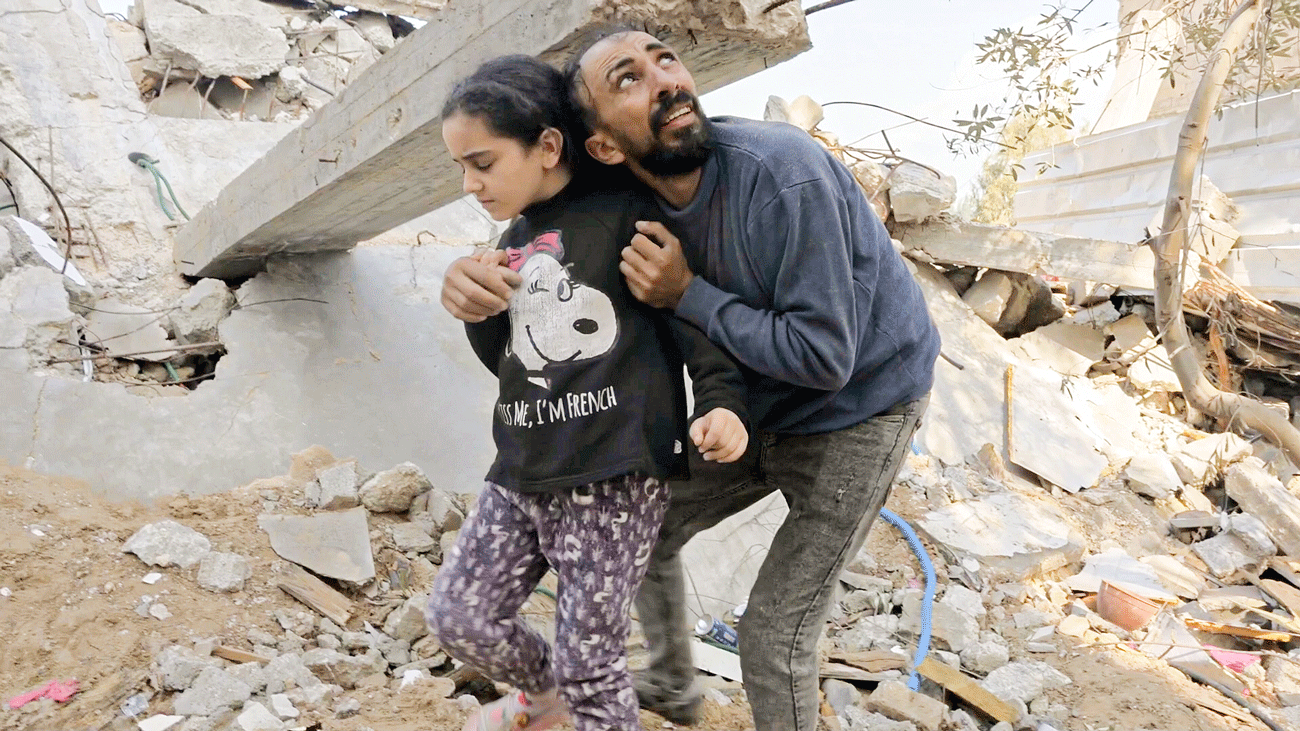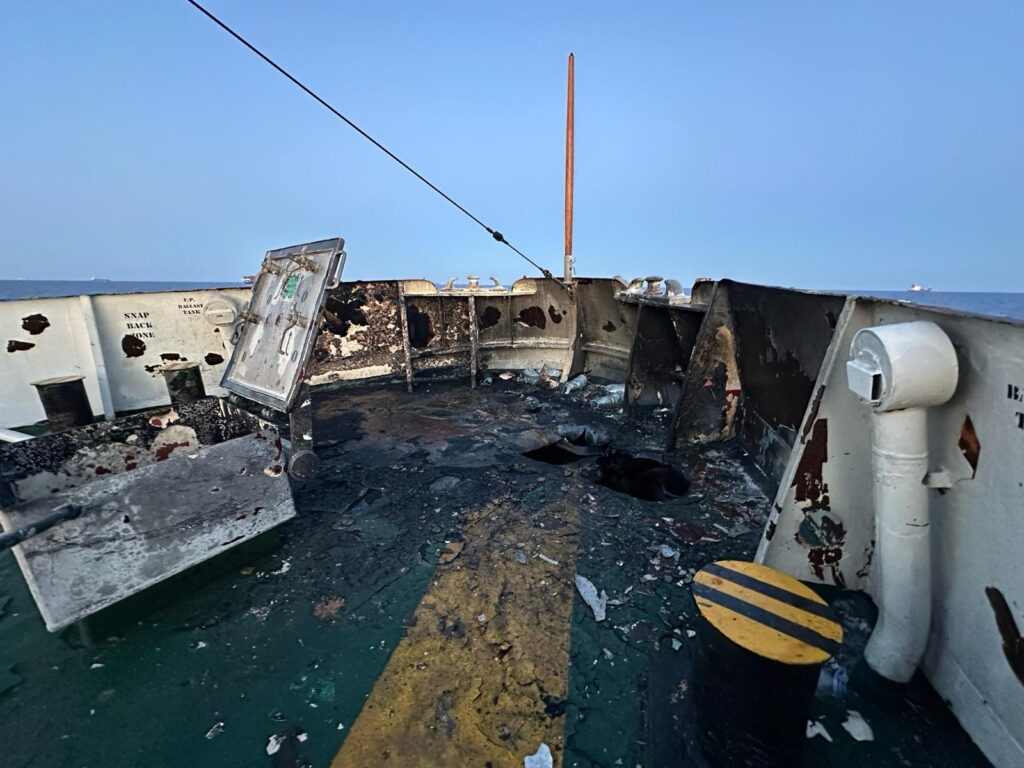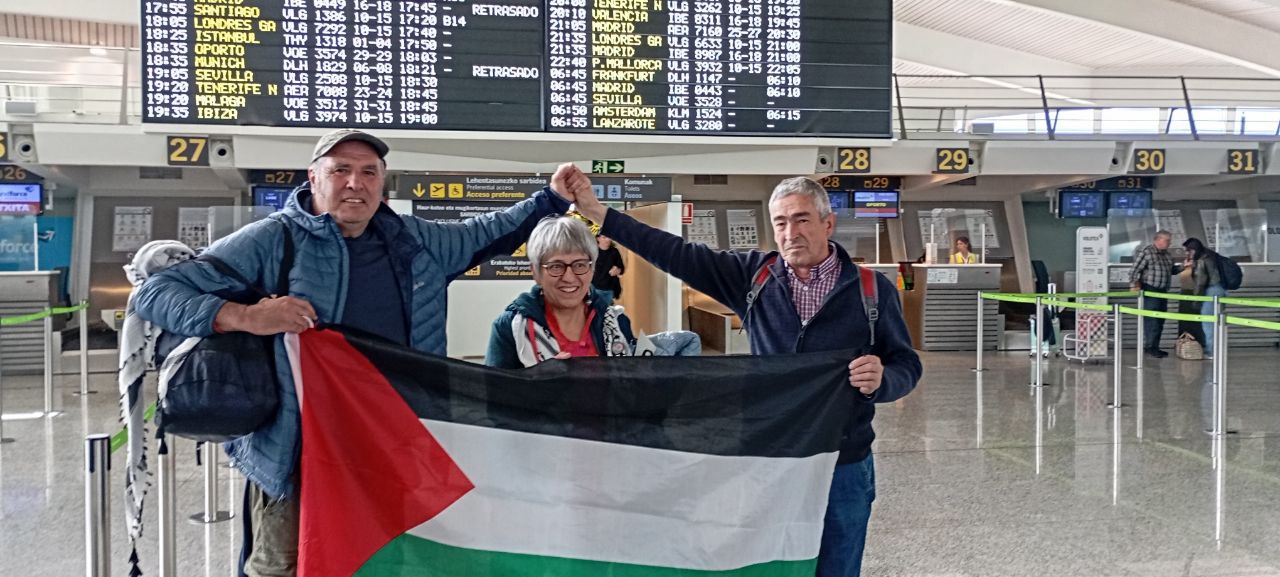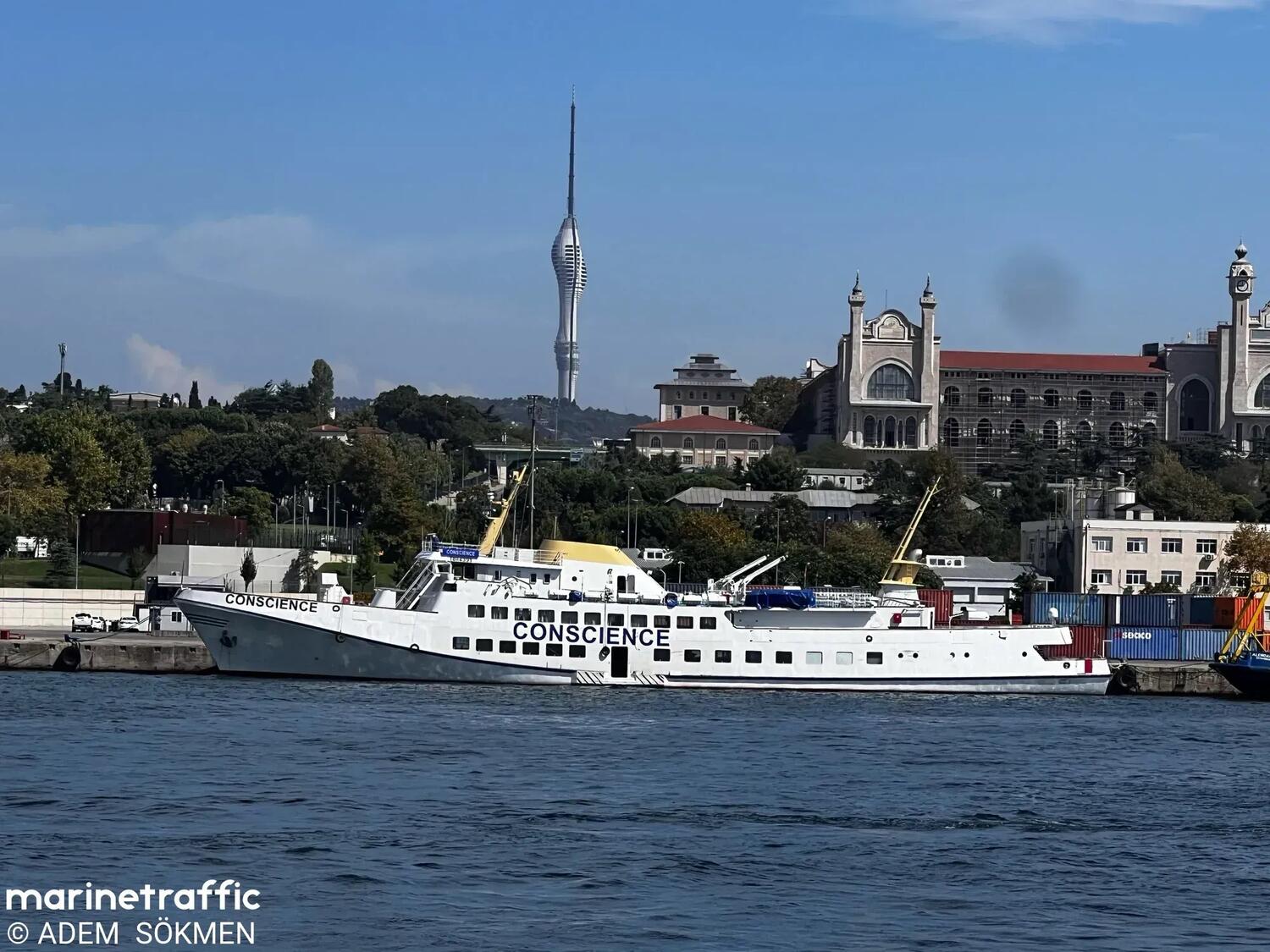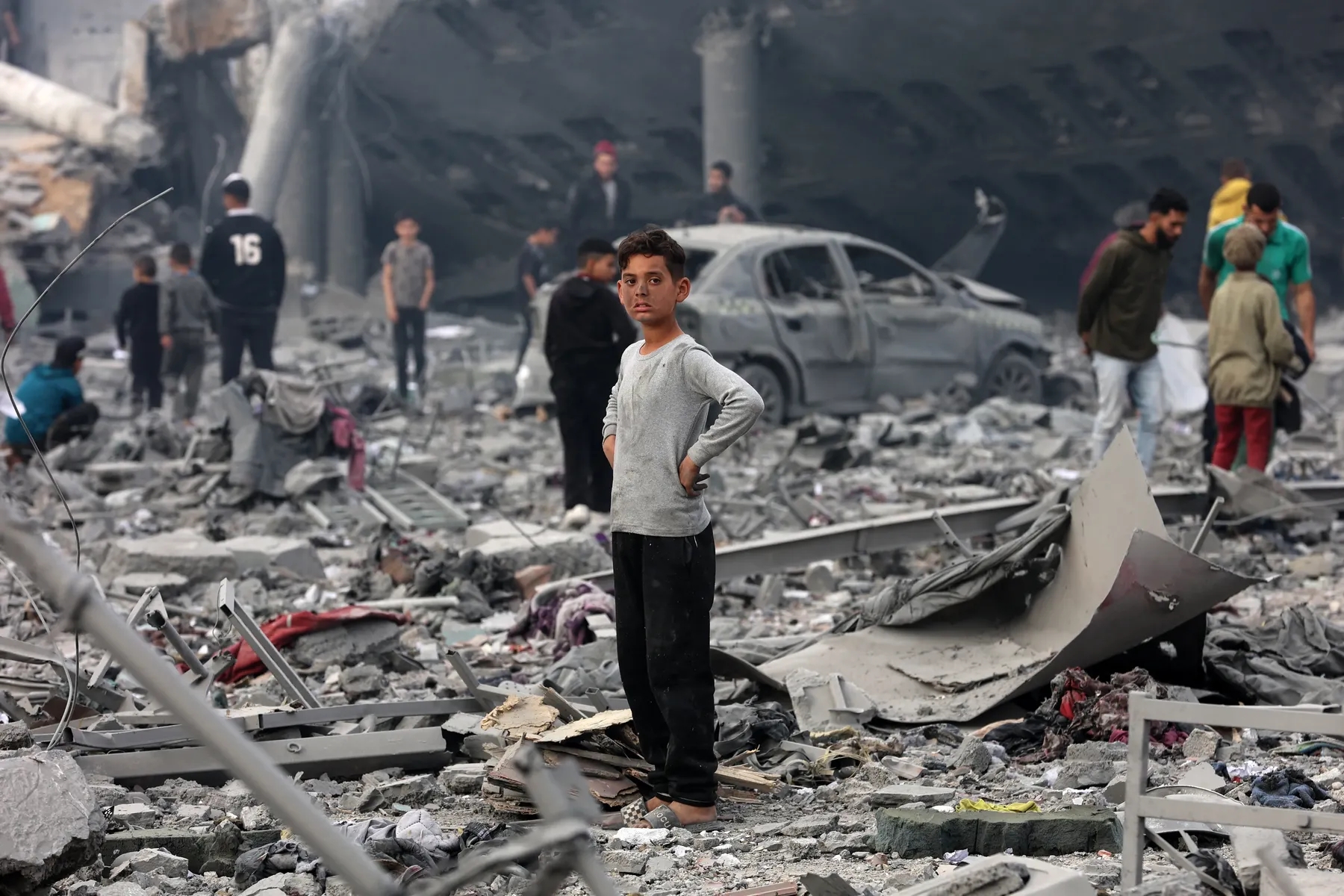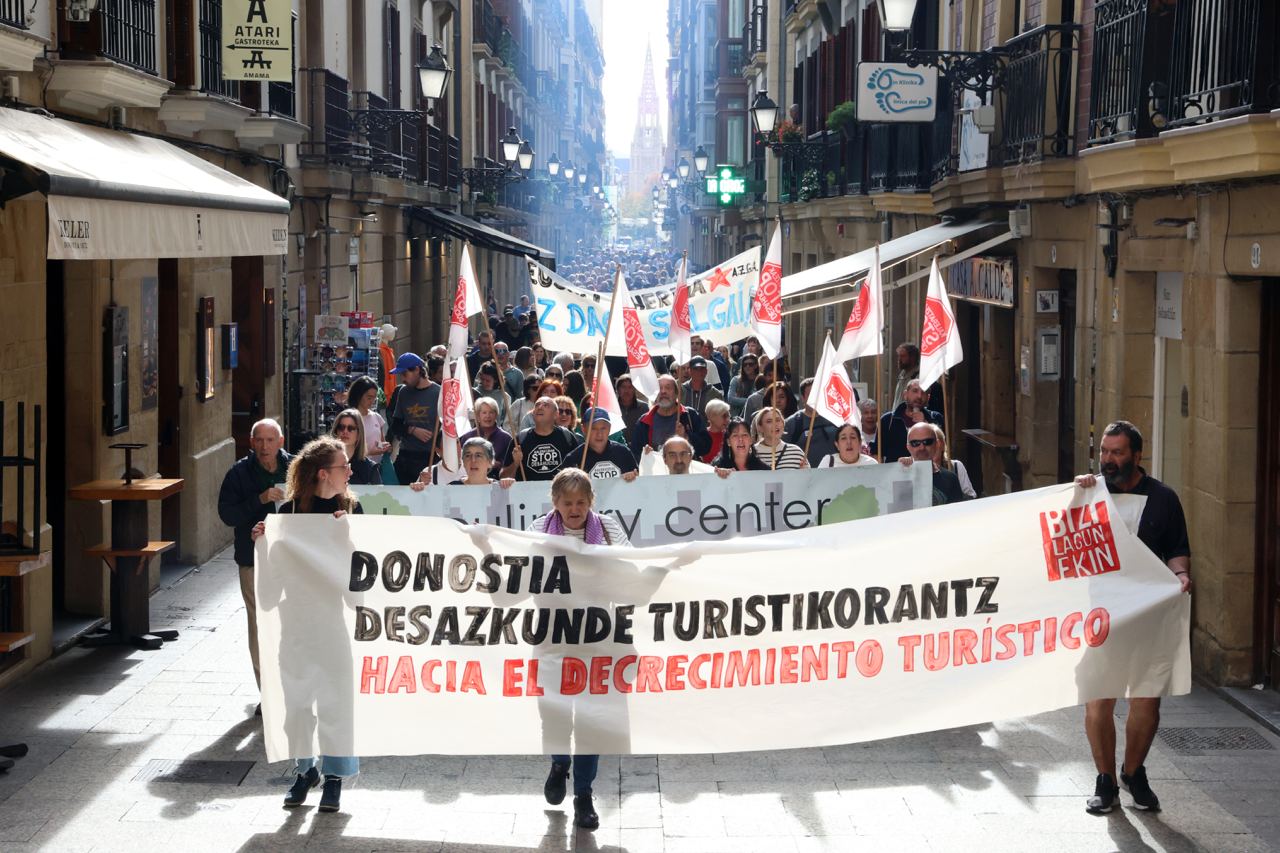Bilbao to host international conferences on conflicts of sovereignty
- From 11 to 13 November “Conflicts of sovereignty in Europe: The “Basis for Solution” will be the International Conference. The concerts will take place at the Azkuna ZENTROA in Bilbao and will also be available live on the Internet.

This is a conference organised by Eusko Ikaskuntza and the Institut d’Estudis Catalans in which the bases of the Code of Good Practices for the democratic management of territorial conflicts around sovereignty will be presented, taking into account the values and principles of the European project.
More than 60 experts of recognized international prestige have participated in this work. From now on, the proposal will work within a framework of collaboration that has brought together various socio-political actors, and for its implementation will be offered to international, European and state institutions.
In the words of the organizers, “at a time when new concepts of sovereignty are being generated, we believe that this work can help strengthen the European project. On the one hand, it can consolidate its founding values and, on the other, from a pragmatic point of view, because it can help its stability and a system of governance that strengthens the links between citizenship and institutions”.
The conference will have three main thematic axes: one, what is a territorial conflict of sovereignty? Objective and purpose of the Code of Good Practice; two, why should Europe participate? Interest, reasons and pragmatism in the Code of Good Practice; and three, how should I participate? Content of the Code of Good Practice.
The last section will reflect on the formal and material conditions that may lead to a just and democratic solution to these conflicts. That is, according to the organizers, “what has been called “conditions of clarity” is “the definition of decisive subjects and areas of decision, the combination of processes of deliberation, consultation and ratification, the quorum of participation and the required majorities, the conditions of the question to be raised, the reversibility of the decision and the repetitiveness of the processes, the guarantees a posteriori between the parties”.
The conference will start at 16:30 this Wednesday and you can consult the program and all the participants in it on the portal of Eusko Ikaskuntza.
Salvador Puig Antich frankismoaren kontrako militantea izan zen. Askapen Mugimendu Iberikoko kidea, 1973ko irailaren 25ean atxilotu zuten. Gerra-kontseilua egin zioten, eta garrotez exekutatu zuten handik sei hilabetera, 1974ko martxoaren 2an. Aurtengo otsailean baliogabetu du... [+]
Dehumanization has penetrated deeply into the powers of the West, and they look with indifference to the holocaust that Gaza is suffering; in Gaza, if bombs do not kill you, you will die of hunger.
Now that our ship has been bombed it is a total impotence, we are well and we... [+]









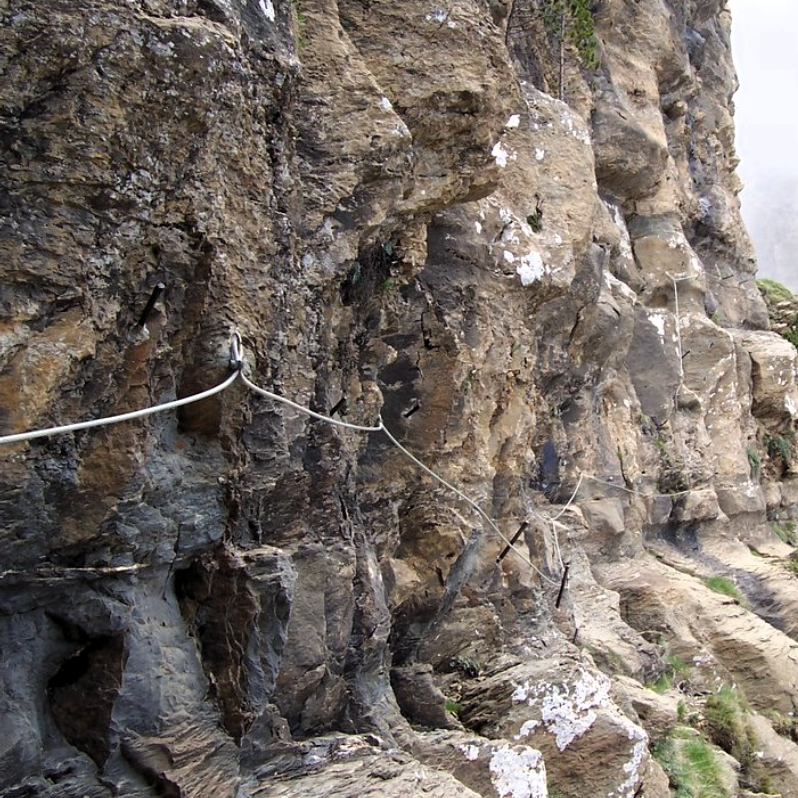
.jpg)

